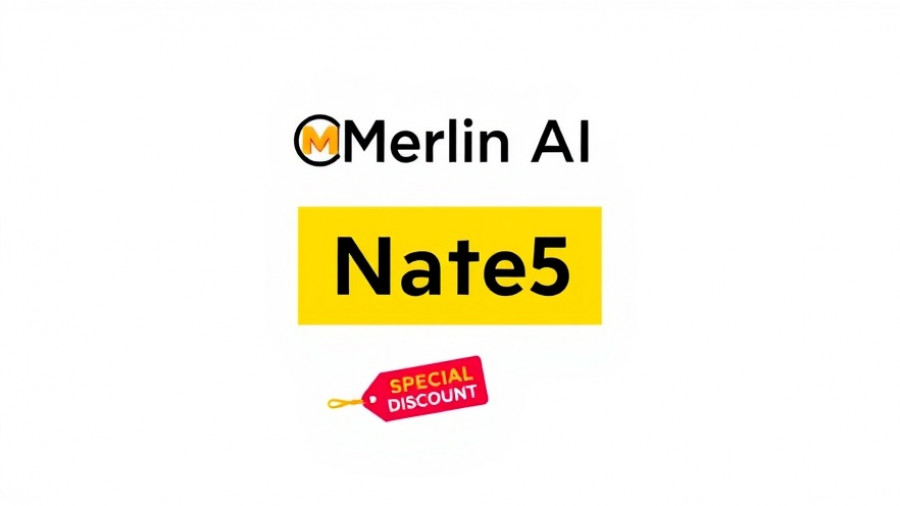
Understanding the Value of Finding the Right Buyer
When it comes to selling a business, especially for entrepreneurs who have invested years of hard work and commitment, the type of buyer matters significantly. Not all buyers are created equal; some are interested solely in profits, while others might care deeply about the legacy of the business. Ensuring that the next owner aligns with your vision can protect not just your financial interests but also the reputation and community impact your business has cultivated.
Why Legacy Should Be a Top Priority
For many business owners, the legacy is paramount. Selling to a buyer who intends to uproot a company can lead to job losses and a detrimental impact on the local community. A potential strategy to consider is an Employee Stock Ownership Plan (ESOP), which allows ownership to transition to the employees themselves, thus maintaining the company’s original vision and ethos. ESOPs can not only secure the company's future but also ensure that the employees who helped build it continue to thrive, creating a more sustainable business model in the process.
Evaluating Buyer Motivations
One of the most critical aspects of selling a business is understanding the motivations of potential buyers. Whether they come from private equity, strategic buyers, or even existing employees, knowing what drives these buyers can help you evaluate their suitability. For instance, a buyer interested in streamlining operations may not prioritize employee welfare, whereas community-focused entities align more with preserving your company's legacy and values.
The ESOP Advantage: A Path to Community Commitment
Establishing an ESOP has become a compelling alternative for those looking to preserve their business’s community ties. As highlighted in discussions surrounding case studies like Mayfield Industries, an ESOP allows owners to ensure that their business remains local with a dedicated workforce. When the employees become stakeholders, they are more likely to invest their best efforts into the business, improving productivity and loyalty while enhancing overall morale.
Identifying Ideal Buyers
Finding the right buyer begins with careful market research and identifying potential candidates who not only bring financial stability but also share your business values. When planning a sale, consider engaging a business broker who understands these nuances and can facilitate an introduction to buyers that have a proven track record in supporting existing employee structures and values. The transition is smoother when everyone is on board and aligned in objectives.
Building Trust and Communication
Trust is essential when discussing business sales. It is vital that open communication lines be established with potential buyers, fostering transparency about motivations and future plans. This foundation helps to ease the transition and ensures that all parties are aligned on the business’s future direction. Encourage routine discussions with potential buyers to address any concerns, thereby establishing a rapport that engenders a sense of partnership.
Avoiding Common Pitfalls
Missteps during the selling process can lead to stress and complications. Be wary of buyers who may seem interested but lack depth in their understanding of your industry or the implications of the sale. Also, understand that the choice of buyer will affect not only your immediate financial returns but the long-term viability of the business. Doing your due diligence on potential buyers is essential; their motives and operations should align with your legacy goals.
Closing the Deal: Legal and Financial Considerations
The closing stage can often be the most complex. It involves not just financial terms but also legal implications that affect all parties involved. Ensure that all terms are meticulously documented to protect all interests. Involve financial experts and legal professionals who can guide you through the nuances of the agreement, safeguarding your company’s interests during the transition.
Final Thoughts: Ensuring a Smooth Transition
Ultimately, the goal of selling your business should encompass more than just financial gain. Whether considering an ESOP or evaluating other buyers, keeping your business’s legacy and community impact at the forefront will guide your decision-making process. Prepare thoroughly, communicate openly, and choose a buyer who not only values your business but also shares in your long-term aspirations.
 Add Row
Add Row  Add
Add 




Write A Comment